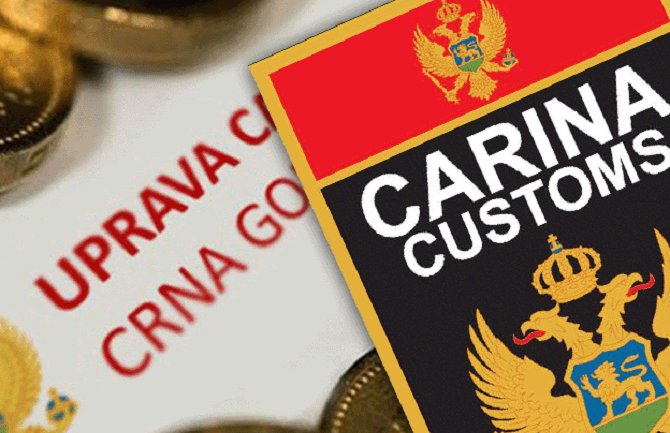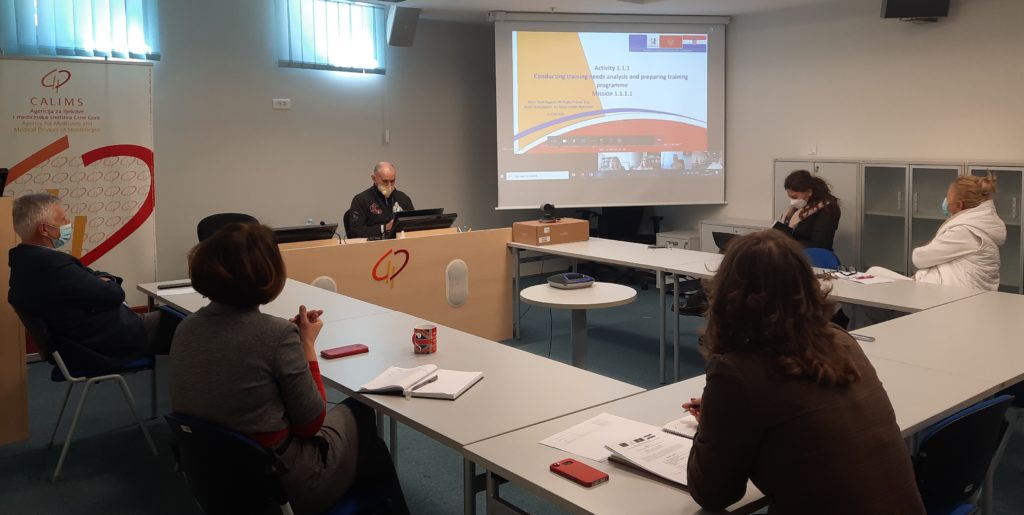Further development of local employment initiatives in Montenegro
The EU is a catalyst for social change and is strongly committed to improving living conditions by promoting employment, sustainable economic growth and greater social cohesion within and beyond its borders. This project focused on enhancing the development of local employment initiatives with a view to boosting the labour market and increasing employability in Montenegro. […]
Strengthening the operational capacities of the EAM to deliver the active policy on employment of Montenegro through digitalisation
The European Union places great emphasis on better understanding of labour market needs and skills matching, as well as providing support to unemployed and active job-seekers. In Montenegro, the Employment Agency of Montenegro (EAM) is working with employers and job seekers to facilitate a successful job match. As better labour market governance is linked to […]
E-services and digital infrastructure as a measure of response to COVID-19
E-services are considered one of the greatest innovations of today. They improve the quality of service and provide alternative communication channels to their users. The COVID-19 pandemic has drawn attention to the importance of technology and e-services, but also to the pivotal role of an effective, inclusive, and accountable government. As a result, this project […]
Upgrading the IT capacity of the Tax Administration in Montenegro
Stable revenue flow is crucial for ensuring macroeconomic stability and greater foreign direct investment. In that regard, each country needs to improve its overall business environment and ensure revenue collection. This project focuses on supporting the Tax Administration to achieve the highest possible budget revenues in the current (epidemiological) situation, particularly by developing e-services. Also, […]
Support to Tax Administration

Tax administration may play a powerful role in the efficiency of the economy. That is why improvement in the tax administration system is a never-ending process. This project focused on providing support to the Tax Administration of Montenegro and strengthening its administrative capacities. It led to the development of a set of recommendations for further […]
Support to the Customs Administration of Montenegro in the area of excise

Launch of the Single Market in 1993 led to abolishing tax controls at the borders between the EU Member States and harmonisation of excise rates. Aspiring Member States need to adapt their policies and legislation to the EU rules on taxation, as well as ensure connection with the Excise Movement and Control System (EMCS) for […]
Support to the Customs Administration in introducing National Computerised Transit System (NCTS)

The European Union Customs Union ensures the tariff-free movement of goods within the EU and implements standardised rates of customs duties on goods imported from outside the Union. It is essential for the proper functioning of the single market. Upon EU accession, Montenegro will become part of the internal market. Until this happens, it needs […]
Support to the Institute for Medicines and Medical Devices of Montenegro (CInMED)

It is well known that the EU acquis divided into 35 chapters for the purposes of accession negotiations. Chapter 1 is concerned with free movement of goods, which represents one of the four fundamental freedoms of the European Union. This project aims to assist Montenegro in the accession process by facilitating approximation and implementation of […]
